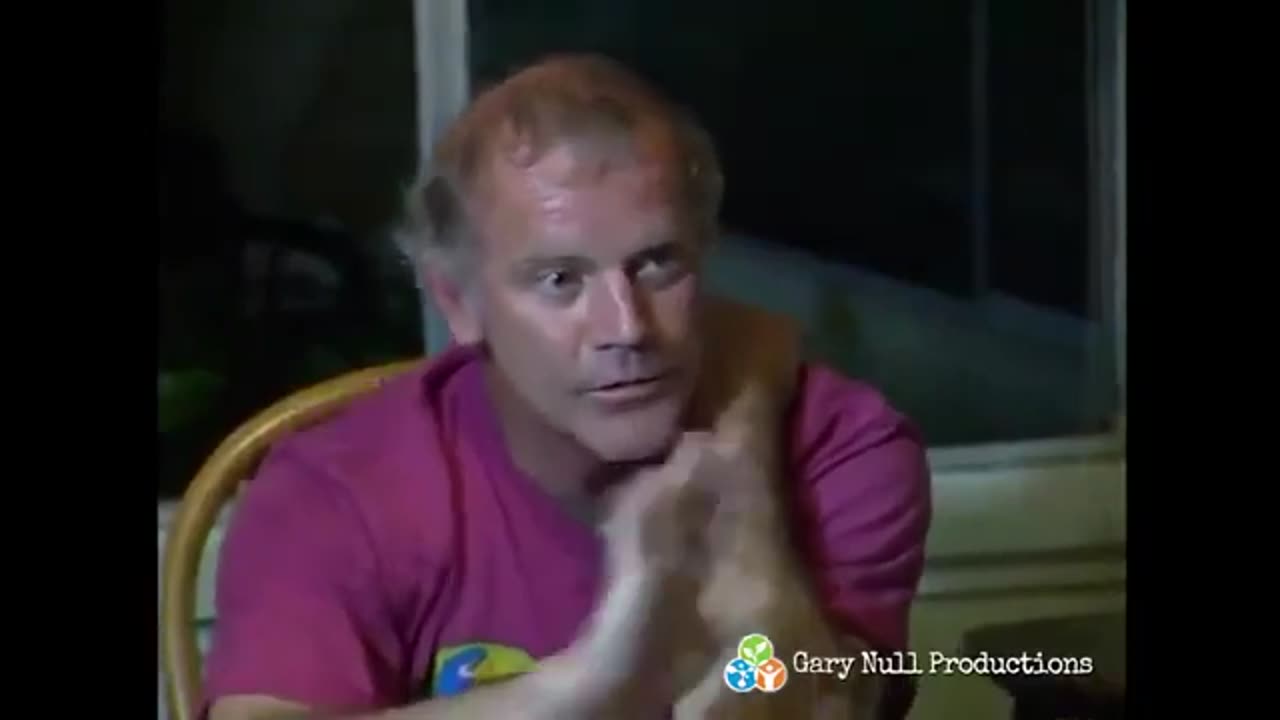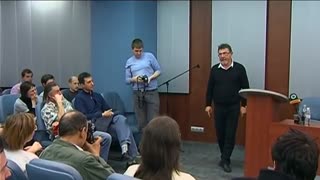Premium Only Content

Kary Mullis Inventor Of The PCR Testing Technique (Full Interview)
Kary Banks Mullis (December 28, 1944 – August 7, 2019) was an American biochemist. In recognition of his role in the invention of the polymerase chain reaction (PCR) technique, he shared the 1993 Nobel Prize in Chemistry with Michael Smith and was awarded the Japan Prize in the same year. PCR became a central technique in biochemistry and molecular biology, described by The New York Times as "highly original and significant, virtually dividing biology into the two epochs of before PCR and after PCR."
Polymerase chain reaction (PCR) is a method widely used to rapidly make millions to billions of copies (complete copies or partial copies) of a specific DNA sample, allowing scientists to take a very small sample of DNA and amplify it (or a part of it) to a large enough amount to study in detail. PCR was invented in 1983 by the American biochemist Kary Mullis at Cetus Corporation. It is fundamental to many of the procedures used in genetic testing and research, including analysis of ancient samples of DNA and identification of infectious agents. Using PCR, copies of very small amounts of DNA sequences are exponentially amplified in a series of cycles of temperature changes. PCR is now a common and often indispensable technique used in medical laboratory research for a broad variety of applications including biomedical research and criminal forensics.
-
 53:55
53:55
Learnstberger Academy
14 days ago"The Invention of the Jewish People" Shlomo Sand @ Sofia University
261 -
 32:50
32:50
Uncommon Sense In Current Times
19 hours ago $1.31 earnedIs War Ever Just? Frank Turek Explains Just War Theory & Christian Ethics
27.6K5 -
 25:57
25:57
DeVory Darkins
1 day ago $21.47 earnedNewsom suffers HUMILIATING SETBACK after FATAL Accident as Trump leads HISTORIC meeting
62.8K152 -
 LIVE
LIVE
FyrBorne
14 hours ago🔴Warzone M&K Sniping: First Impressions of Black Ops 7 Reveal
176 watching -
 8:16
8:16
MattMorseTV
19 hours ago $11.37 earnedTrump’s name just got CLEARED.
104K90 -
 2:01:55
2:01:55
MG Show
23 hours agoPresident Trump Multilateral Meeting with European Leaders; Trump Outlines Putin Zelenskyy Meeting
48.9K28 -

DoldrumDan
5 hours agoCHALLENGE RUNNER BOUT DONE WITH ELDEN RING NIGHTREIGN STORY MODE HUGE GAMING
28.6K -
 10:59
10:59
itsSeanDaniel
1 day agoEuropean Leaders INSTANTLY REGRET Disrespecting Trump
39K38 -
 16:43
16:43
GritsGG
19 hours agoThey Buffed This AR & It Slaps! Warzone Loadout!
38.5K3 -
 2:05:30
2:05:30
Side Scrollers Podcast
23 hours agoEveryone Hates MrBeast + FBI Spends $140k on Pokemon + All Todays News | Side Scrollers Live
127K17